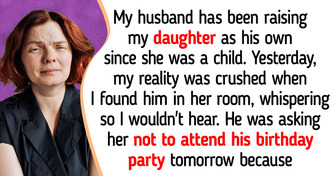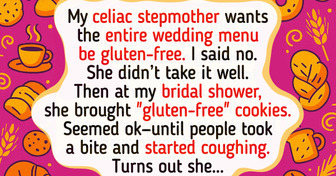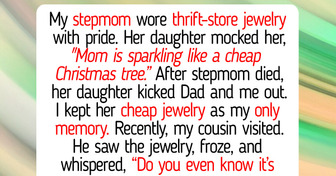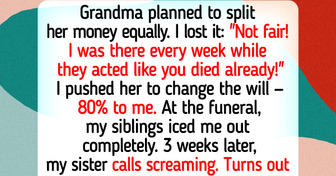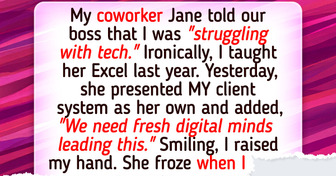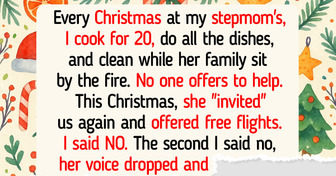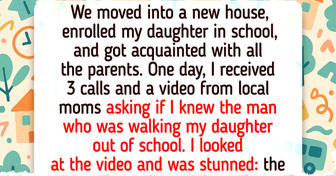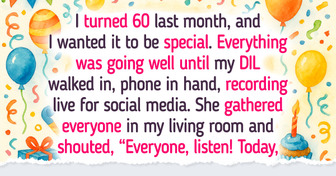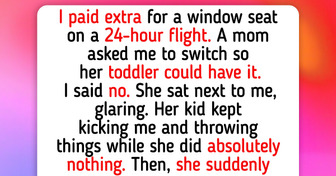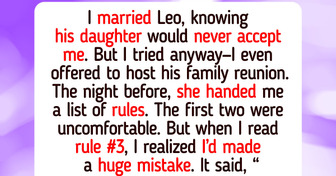My Daughter Abandoned Me at My Weakest — Suddenly She Wants to Reconnect
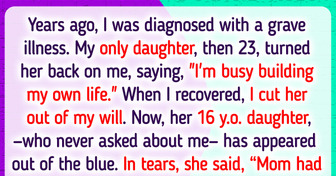
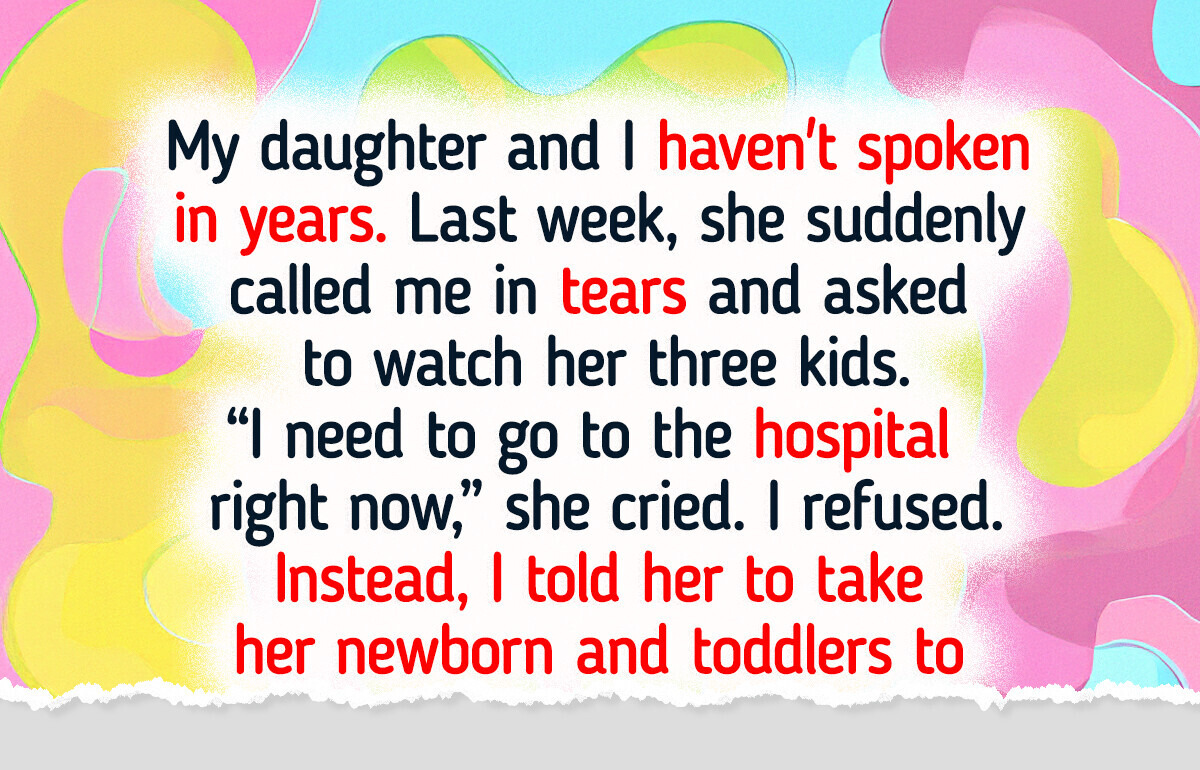
We got a touching message from one of our readers who opened up about a tough experience within her family. It’s the kind of situation many parents might understand—when a moment of fear or hesitation ends up driving a wedge between loved ones. In her story, she reflects on a choice she made during a stressful time, and the heavy guilt she now carries for not being there when her daughter needed her most.

I’m a 58-year-old mom. My daughter, Hannah, is 32, and we haven’t spoken in years, but my husband and I live about half an hour away from her.
Last week something unexpected happened. Hannah called me in tears and was clearly in a lot of pain. “I need to go to the hospital right now”, she cried. I immediately refused and said no—there was no way he could manage three young children at his age.
She went silent for a moment, and I told her maybe she should take hew newborn and toddlers with her or ask a neighbor instead. She begged, “Mom, I’m in so much pain and the kids are asleep. I don’t want to drag them to the ER.”
I felt overwhelmed and frustrated. Old memories bubbled up. Years ago, when I needed support during my recovery from surgery, Hannah hadn’t come through for me. She apologized back then, but the memory still stung. When she asked me why I couldn’t come, I reminded her that many years ago she did the same to me, and she went quiet.
“You’re being dramatic,” I said. “You’re an adult. You need to handle this.”

That’s when my husband, who had been listening, stepped in. “Let me speak to her,” he said. I told him not to—insisting he couldn’t physically take care of the kids. But he didn’t listen. He got on the phone and told Hannah, “Don’t worry, I’m coming over. Just get to the hospital and take care of yourself.”
After he hung up, I was angry and confronted him. But instead of agreeing with me, he looked disappointed. “How could you turn your back on her like that? This isn’t who you are,” he said before walking out.

The next morning, I found out Hannah had to undergo emergency surgery for complications related to childbirth. She’s recovering now, but she won’t talk to me. My husband’s distant, and even my son called to say he was disappointed in how I handled everything.
I can’t stop thinking about it. I feel awful. I honestly thought I was doing the right thing by being practical, but now I’m starting to believe I made a huge mistake.
Was I completely in the wrong?
Your letter reveals the struggle of a mother torn between worry and hesitation. It’s natural to want to shield the people we love, but when our children are in distress, their safety often has to come first. Moments like these can be painful to reflect on, but they also open the door for healing and growth.

Another reader shared her emotional story about her complicated connection with her daughter. She’s caught in a mix of regret and heartache, unsure how things became so distant between them. We’ll dive into what caused the tension and how even the strongest maternal love can face serious challenges.

